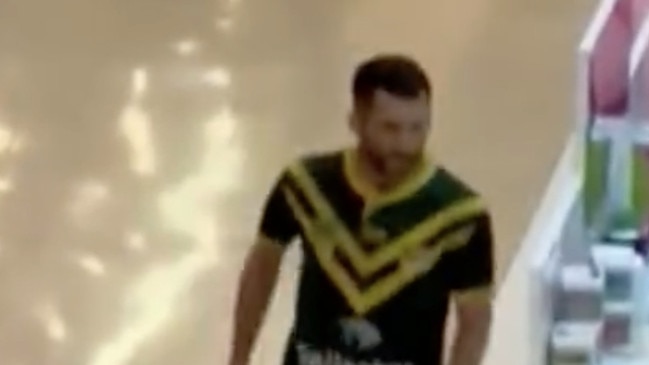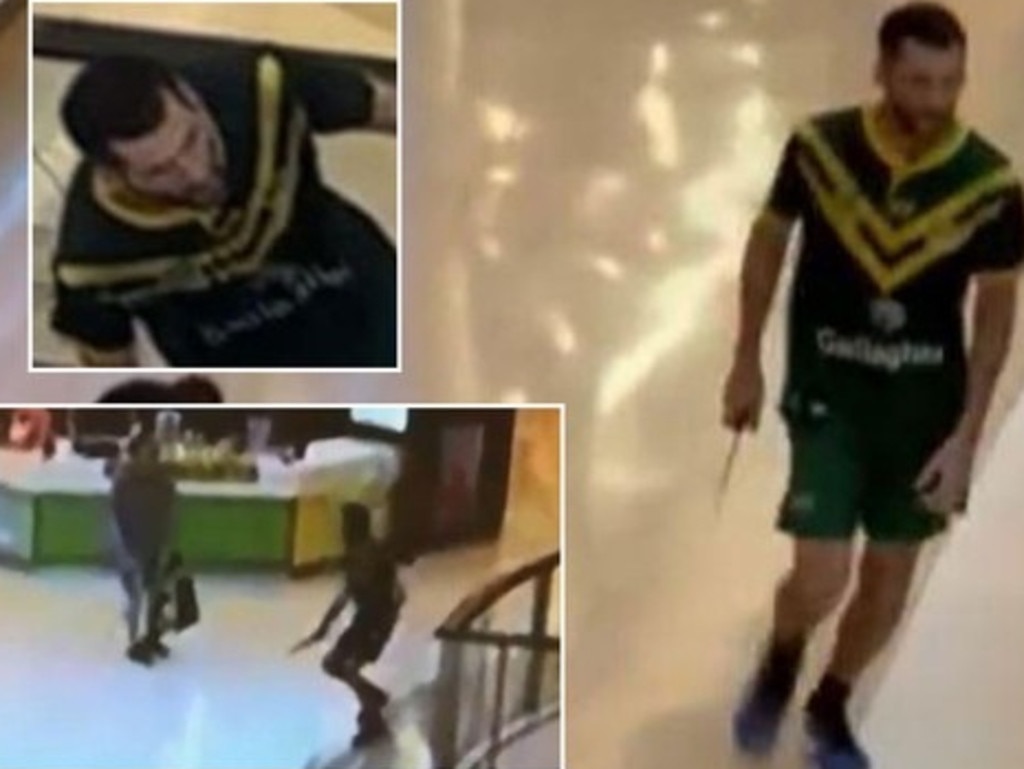Killer not on ‘fixated unit’ radar
Westfield mass murderer Joel Cauchi was not being monitored by Queensland police’s specialist fixated offenders unit.

Westfield mass murderer Joel Cauchi was not on the radar of Queensland Police’s fixated persons unit which focuses on identifying people obsessed with “public office holders”.
Queensland Police Assistant Commissioner Roger Lowe said the 40-year-old, who has suffered serious mental health problems for much of his adult life, had not triggered the attention of the specialist unit.
“He’s not been identified as fixated threat, understanding that the fixated threat assessment centre deals with threats against public office holders,” he said on Sunday.
Assistant Commissioner Lowe said “mental health is not a crime”, responding to questions as to why police had not been monitoring Cauchi before he went on a stabbing spree at a shopping centre at Bondi, in Sydney’s east.
“We have people in our society who suffer from mental health, they go about their days without trouble, without causing these types of crimes,” he said.
“Mental health in society is not a crime. We do not run an intelligence regime on persons who suffer from mental health (issues).”
Most state police forces established specialist fixated threat units in 2017 after high-profile crimes, including Melbourne’s Bourke St massacre in which James Gargasoulas, in a car, ran down and killed six people in the CBD.
But there appear to be differences in how the units operate, with Victoria’s $31m Fixated Threat Assessment Centre – which was expected to assess about 300 people each year – focusing on “serious threats of violence posed by people with complex needs, that could result in terrorism or perpetration of extreme violence”.
In announcing the unit in October 2017, the Victorian government said it would be staffed with specialist police, forensic and mental health experts.
“The Andrews Labor government will establish a new Fixated Threat Assessment Centre to better identify and target high-risk individuals who may pose a serious threat to the Victorian community,” the government said. “It will bring senior and experienced police and mental health clinicians together to better identify and respond to individuals who may pose a risk, and intervene early to help prevent violence.
Then Victorian police minister Lisa Neville, in announcing the unit, said “Victoria hasn’t been immune to the lone-offender attacks” and the “centre will target high-risk people in the community who may pose a serious threat to Victorians, including those who hold a fixated grievance and violent extremists”.
While Cauchi’s weapon was a knife, the tragedy has prompted fresh calls for the nation to toughen its gun laws.
Australian Federal Police Association representative Alex Caruana said it would be “nice to have the ability to prevent” those who have a pretension to violence from having a firearm, but that more research on mental health checks is needed.
“It depends on the state, and it depends on the mental health issue, but certainly we want to be careful of making compliance officers or licensing departments doctors,” he said.
“That being said, if someone does have a pretension to violence, or something of the like, it would be nice to have the ability to prevent them from having a firearm.
“If they’ve already got a firearm, and they get that ailment, how do we police it?
“So with the mental health checks, we need to do a lot more work on it, I believe … but I certainly think there is some merit.”
Mr Caruana said Australia could make another “smart decision” following the attack in Sydney, referencing the tightening of gun laws after the 1996 Port Arthur massacre. He said the next step in gun reform is controlling the point of sale of ammunition.





To join the conversation, please log in. Don't have an account? Register
Join the conversation, you are commenting as Logout